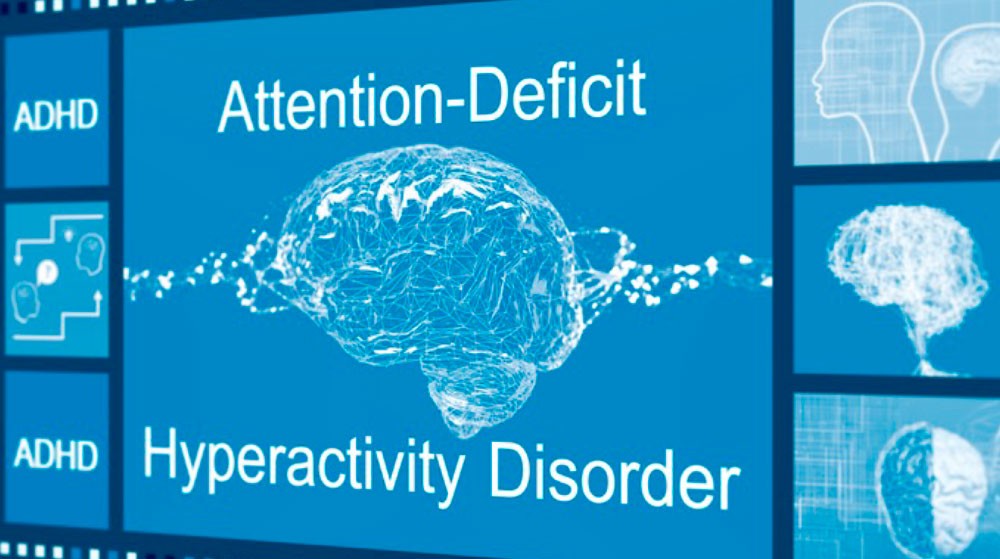Hearing from a teacher that your child may have Attention-Deficit/Hyperactivity Disorder (ADHD) can feel overwhelming—especially if you don’t believe the observation is accurate. Teachers spend hours with children in structured settings, so their perspective can be valuable. At the same time, you know your child best and sometimes children are easily labeled as having ADHD when that may not be the case. If you’re unsure or disagree, here are 10 constructive ways to handle the situation.
- Stay Calm and Listen
It can be upsetting to hear concerns about your child, but staying calm helps you fully understand the teacher’s perspective without reacting defensively.
- Ask for Specific Examples
Instead of general statements, request concrete observations. For example, “Can you describe a time when my child struggled to stay on task?”
- Compare Behavior Across Settings
Ask whether your child’s behavior is consistent in different environments—such as during recess, group projects, or one-on-one learning. Children may act differently at school versus at home.
- Share Your Perspective
Let the teacher know how your child behaves at home or in other activities (sports, church, clubs). This creates a fuller picture.
- Request Classroom Strategies First
Before considering any evaluations, ask the teacher to try specific interventions such as seating changes, movement breaks, fidgit toys like spinners, or visual reminders.
- Keep an Open Mind
Even if you don’t believe your child has ADHD, it’s important to remain open to learning more. Sometimes behaviors can mimic ADHD but have different causes, such as anxiety, learning challenges, sugary foods, or sleep issues.
- Seek a Second Opinion
If concerns persist, you can talk with your pediatrician or a child psychologist. A professional evaluation provides clarity and avoids assumptions.
- Advocate for Your Child
If you feel the teacher’s assessment doesn’t match your child, advocate for your perspective while remaining collaborative.
- Partner on Solutions
Frame the discussion around what will help your child thrive, whether or not ADHD is the issue. Collaboration builds trust between you and the school.
- Continue Monitoring Progress
Even if you don’t agree with the ADHD concern, keep observing your child’s behavior and academic progress. Circumstances and needs can change over time.
Final Thoughts
A teacher’s suggestion that your child may have ADHD is not a diagnosis—it’s an observation. By staying calm, gathering information, and seeking professional guidance if necessary, you can make thoughtful decisions that are in your child’s best interest. Whether the concern is ADHD or something else, your goal is the same: to support your child’s growth, confidence, and success.





